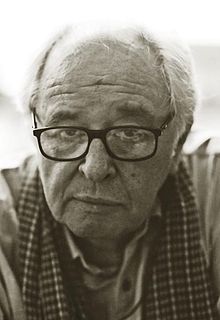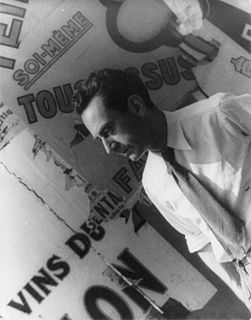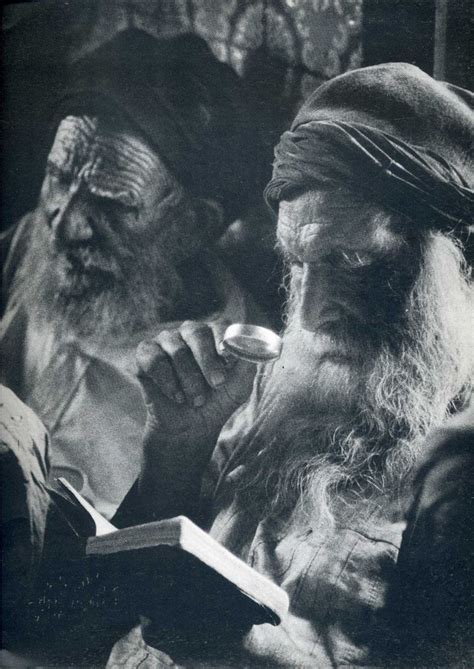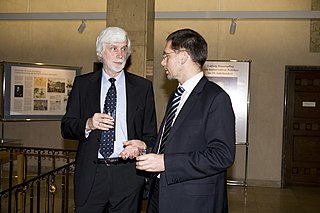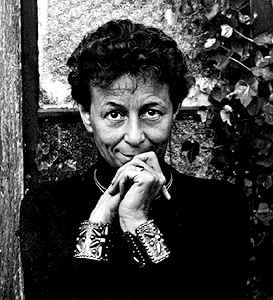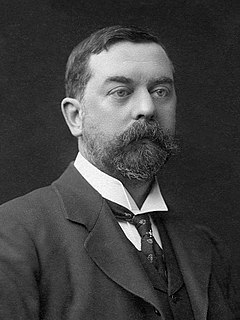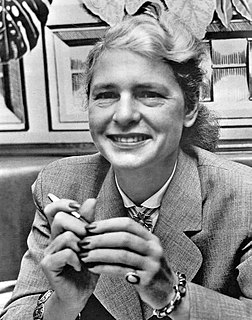A Quote by Philip Jones Griffiths
The first picture of his I ever saw was during a lecture at the Rhyl camera club. I was 16 and the speaker was Emrys Jones. He projected the picture upside down. Deliberately, to disregard the subject matter to reveal the composition. It's a lesson I've never forgotten.
Related Quotes
You can never capture a person in picture, never. You might get an interesting expression or gesture. I almost never research a picture subject ahead of time. I think Karsh is full of baloney. Can you imagine spending a whole week out in La Jolla with Jonas Salk soaking up his ambiance, then wind up making him look as if he's in the studio in Ottawa with his thumb under his chin?
